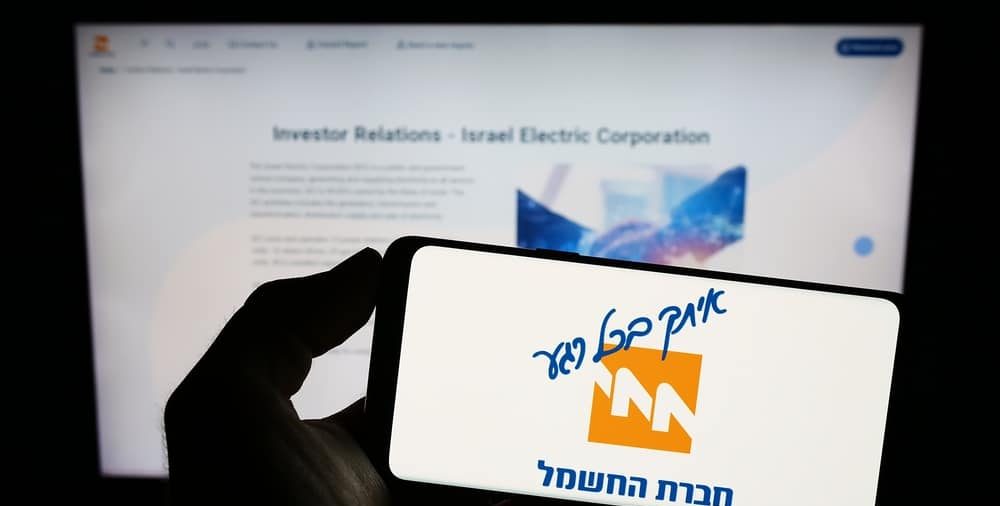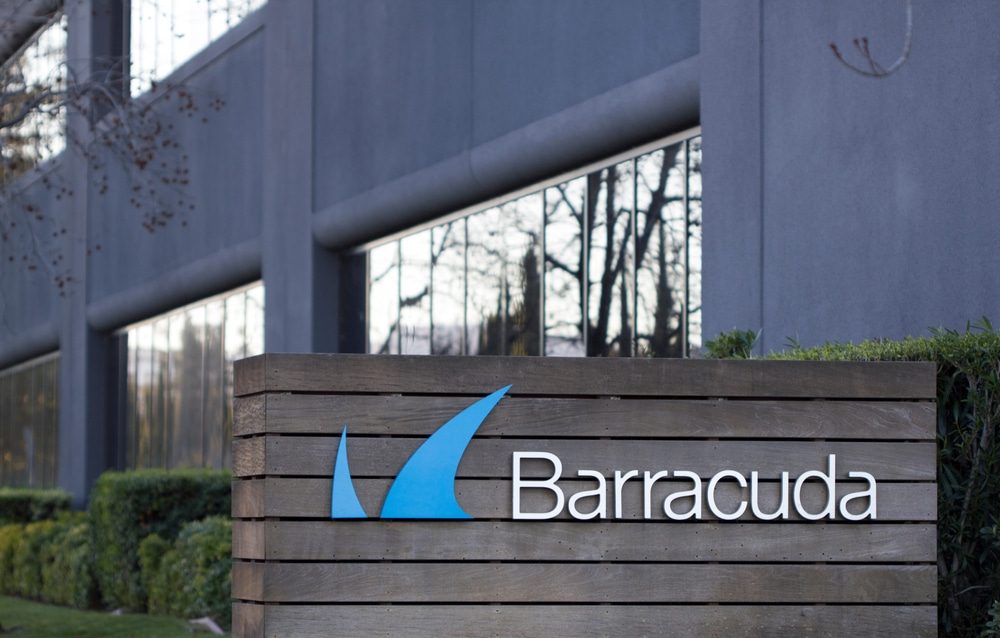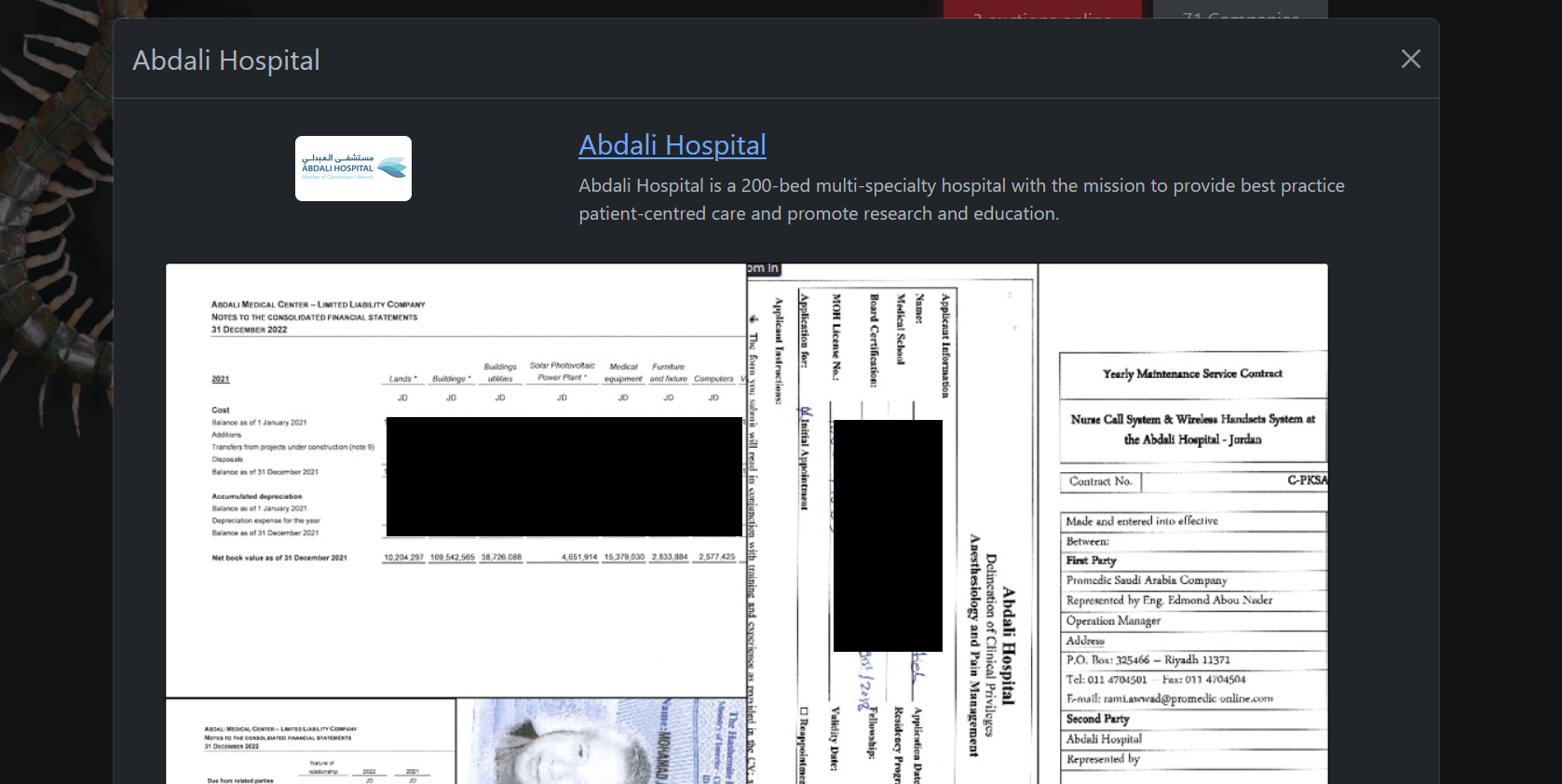The cybercrime group, DragonForce, has claimed responsibility for the attack and has leaked 95 GB of data belonging to the company. Yakult Australia is currently investigating the incident with the help of cybersecurity experts.
The hacker group CyberAv3ngers claims to have obtained and is selling 1TB of data from Israel’s electricity infrastructure. They posted a message on a platform offering the data for sale. The Israel Electric Corporation (IEC) has not yet responded.
The cyberattack on Fidelity National Financial was claimed by the AlphV/Blackcat ransomware gang, causing disruption to hundreds of home purchases and leading to the seizure of the gang’s leak site by law enforcement agencies.
A Russian man accused by the United States of trafficking in a hacked database of online credentials will apparently evade American courts after the Russian government said it had succeeded in extraditing him.
Barracuda Networks has discovered two zero-day vulnerabilities, known as CVE-2023-7102 and CVE-2023-7101, in its Barracuda Email Security Gateway Appliance (ESG) devices.
GitHub is warning users that they must enable 2FA on their accounts or face limited functionality on the site. This requirement applies to users contributing code on GitHub and is aimed at protecting accounts from breaches and code alterations.
The Rhysida ransomware group has claimed responsibility for hacking Abdali Hospital in Jordan. The group has published proof of the hack, including stolen documents, and is now auctioning off the sensitive data for 10 BTC.
National Amusements, the parent company of Paramount and CBS, has confirmed a data breach in which hackers stole personal information from 82,128 people. The breach occurred in December 2022 but was only discovered in August 2023.
EasyPark Group, the owner of brands including RingGo and ParkMobile, said customer names, phone numbers, addresses, email addresses, and parts of credit card numbers had been taken but said parking data had not been compromised in the cyberattack.
Europol, along with law enforcement authorities from 17 countries and the European Union Agency for Cybersecurity (ENISA), has partnered with private sector companies to combat digital skimming attacks.









